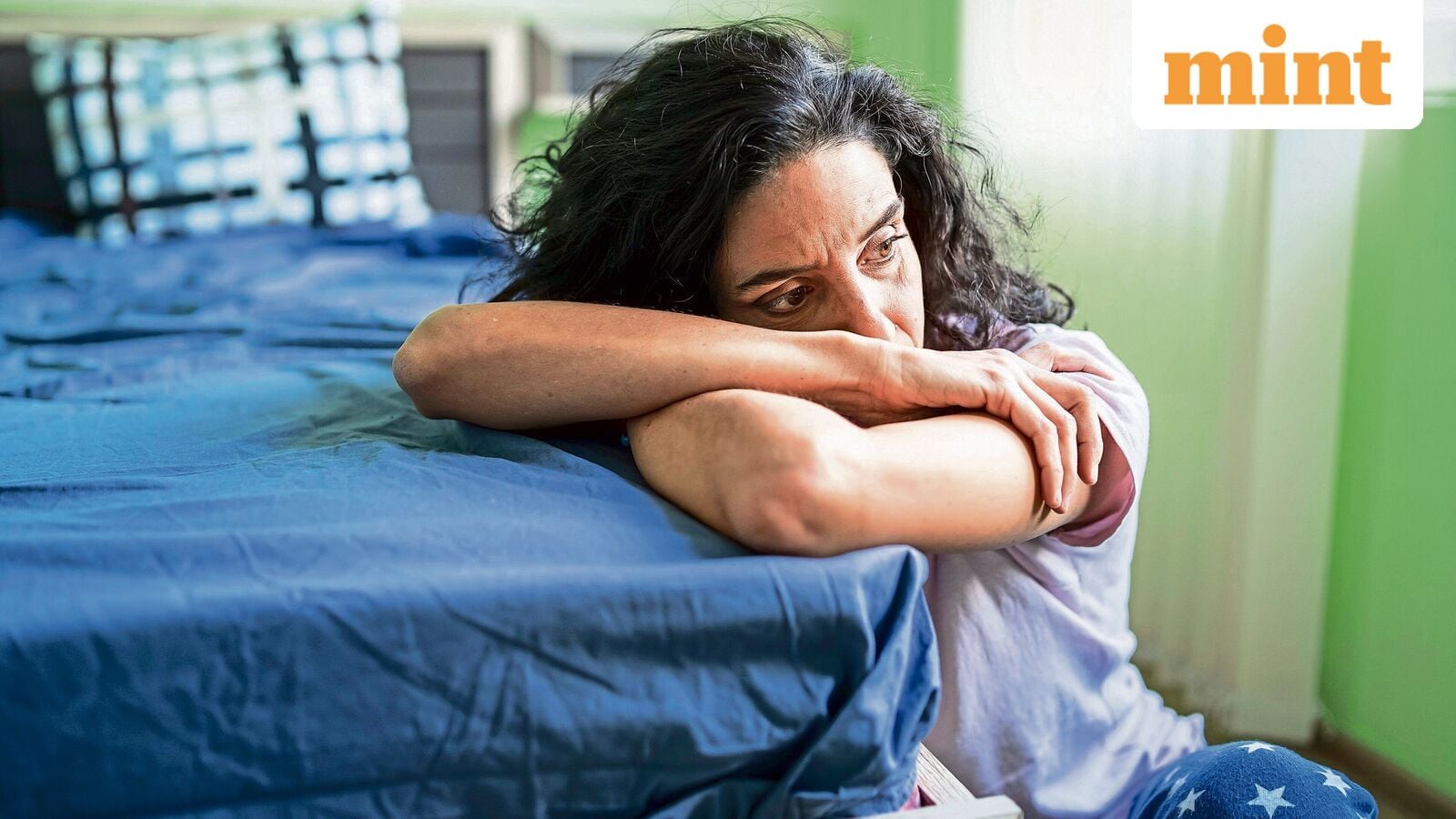Anxiety disorders are those that affect our capacity to respond to the angst they cause in a normal manner. Even though anxiety can affect anyone, research consistently finds that it makes women more vulnerable than men, both to its presence and its intensity. This increased vulnerability is not due to a single cause but rather the dynamic interaction of biological, psychological and social factors.
We know not just one, but more than a dozen factors that determine how women experience and cope with stress—hormonal fluctuations, genetic susceptibilities, life histories and cultural expectations. After all, anxiety in women is much more than a mere statistic; it affects their lives personally as well, affecting every aspect of daily life, including how women function on a day-to-day basis, their relationships and quality of life.
Also Read | Three great tips to manage your anxiety
These differences are key to offering effective care, increasing awareness, and reducing stigma. To delve deeper into the topic, Dr Sameer Malhotra, Senior Director of Mental Health and Behavioural Sciences at Max Super Speciality Hospital, highlights the specific challenges faced by women.
The Hormonal Connection
Female hormones, primarily estrogen and progesterone, can significantly impact vulnerability to anxiety disorders. These hormones fluctuate during the menstrual cycle, pregnancy, postpartum and menopause. Estrogen and progesterone, along with other hormones, can affect neurotransmitters, such as serotonin and GABA, which help regulate mood and manage stress responses. These hormonal changes can lead to emotional sensitivity, mood swings, and reactivity to stress. Even more extreme are conditions like PMS (premenstrual syndrome) and PMDD (premenstrual dysphoric disorder) that show how hormone changes can intensify anxiety symptoms.
Multiple Roles, Multiple Pressures
Women also often wear many hats: mother, daughter, wife, sister, caregiver, employee or employer. Balancing home responsibilities with work responsibilities can create emotional strain. The stress from the workplace, combined with expectations of home perfection, along with the often-ignored labour of maintaining a household, can be exhausting. These stressors weigh heavily on a woman’s mental well-being, which can be exacerbated through the tendency of women to internalise stress, leading to anxiety symptoms.
Also Read | Should you take CBD for chronic anxiety? Hidden Burdens and Silent Battles
In addition to apparent roles, women experience hidden burdens too. Women may face cultural expectations and social norms that discourage them from talking openly about their challenges, leading them to suffer in silence. Gender discrimination, childhood trauma, safety concerns, body image, and stigmatisation of mental health all increase risks for women experiencing anxiety. In particular, mothers feel pressure to be “good enough,” often resulting in cycles of self-doubt, worry, and guilt.
Breaking the Cycle: Prevention
The first step is Awareness. It is essential to understand the unique vulnerabilities faced by women when we talk about anxiety. Who they can talk to openly about their mental health experiences (no stigma attached) will be imperative to support women in the journey of seeking help. Family, less stress and a positive home environment are necessary ingredients to lessen anxiety.
When we have a better understanding of the influences of hormones, role-based pressure, and invisible burdens, women may feel supported in prioritising their mental health and seek the necessary help, breaking free from the silence of anxiety.
Also Read | Anxiety attacks: When should you get treated?

